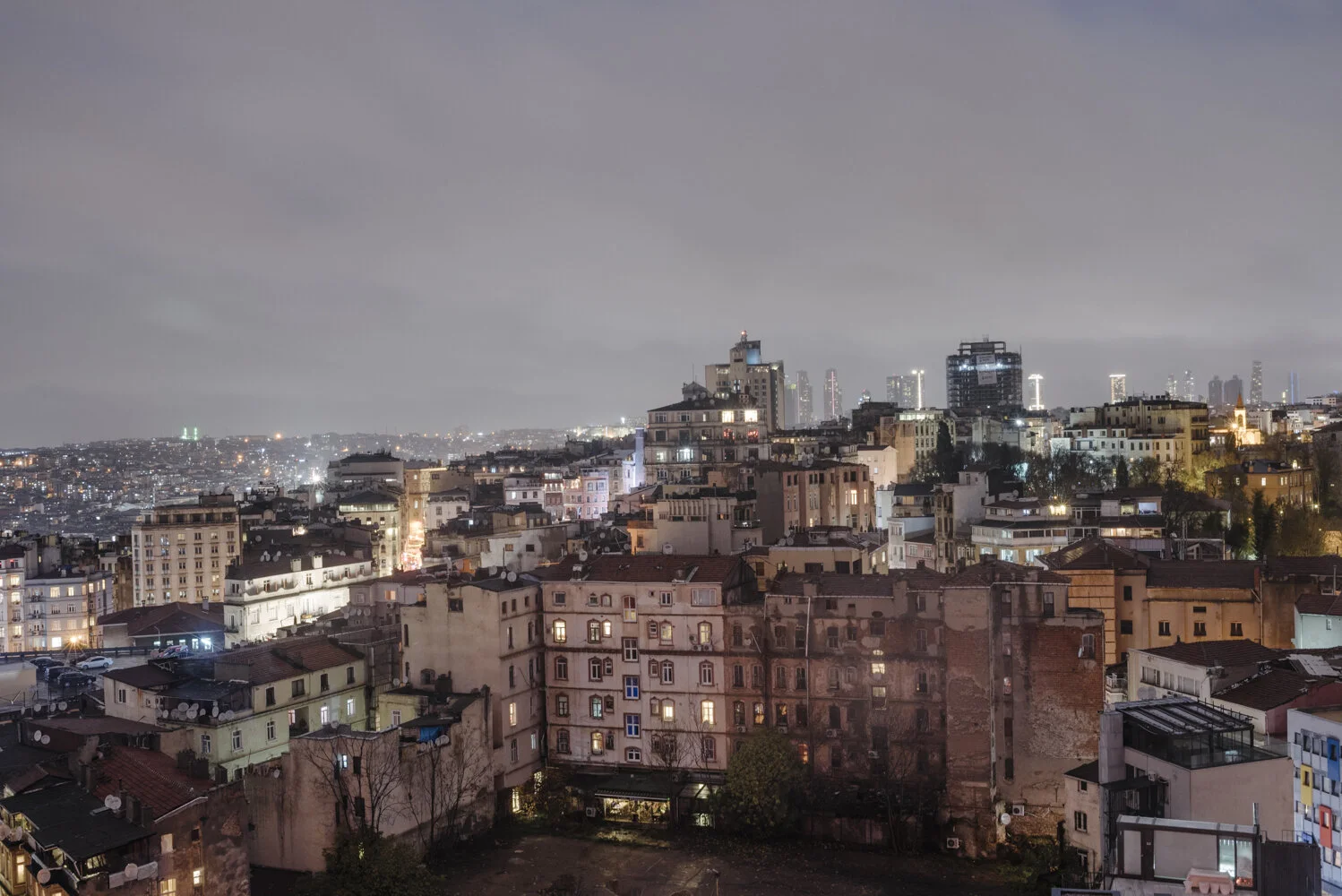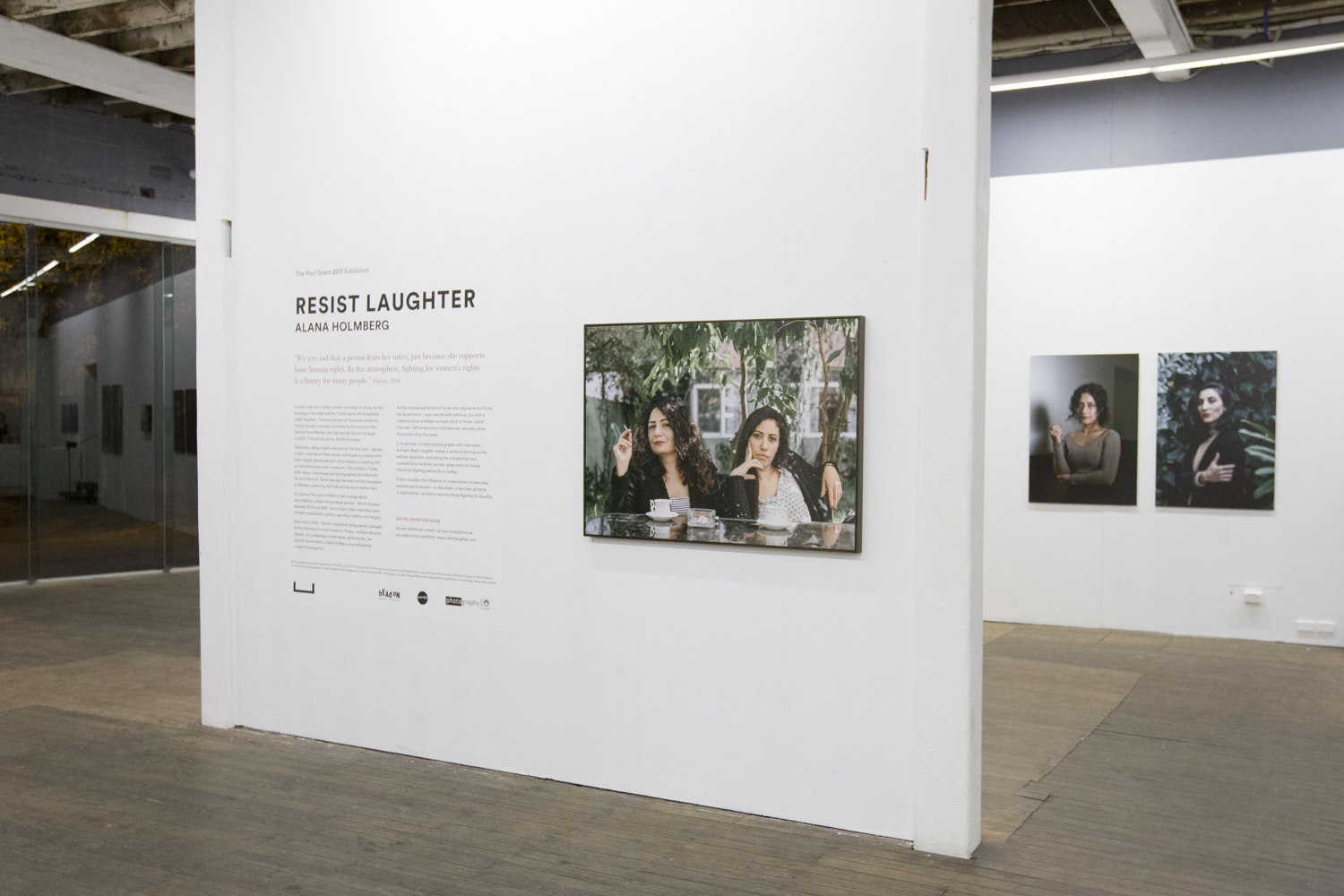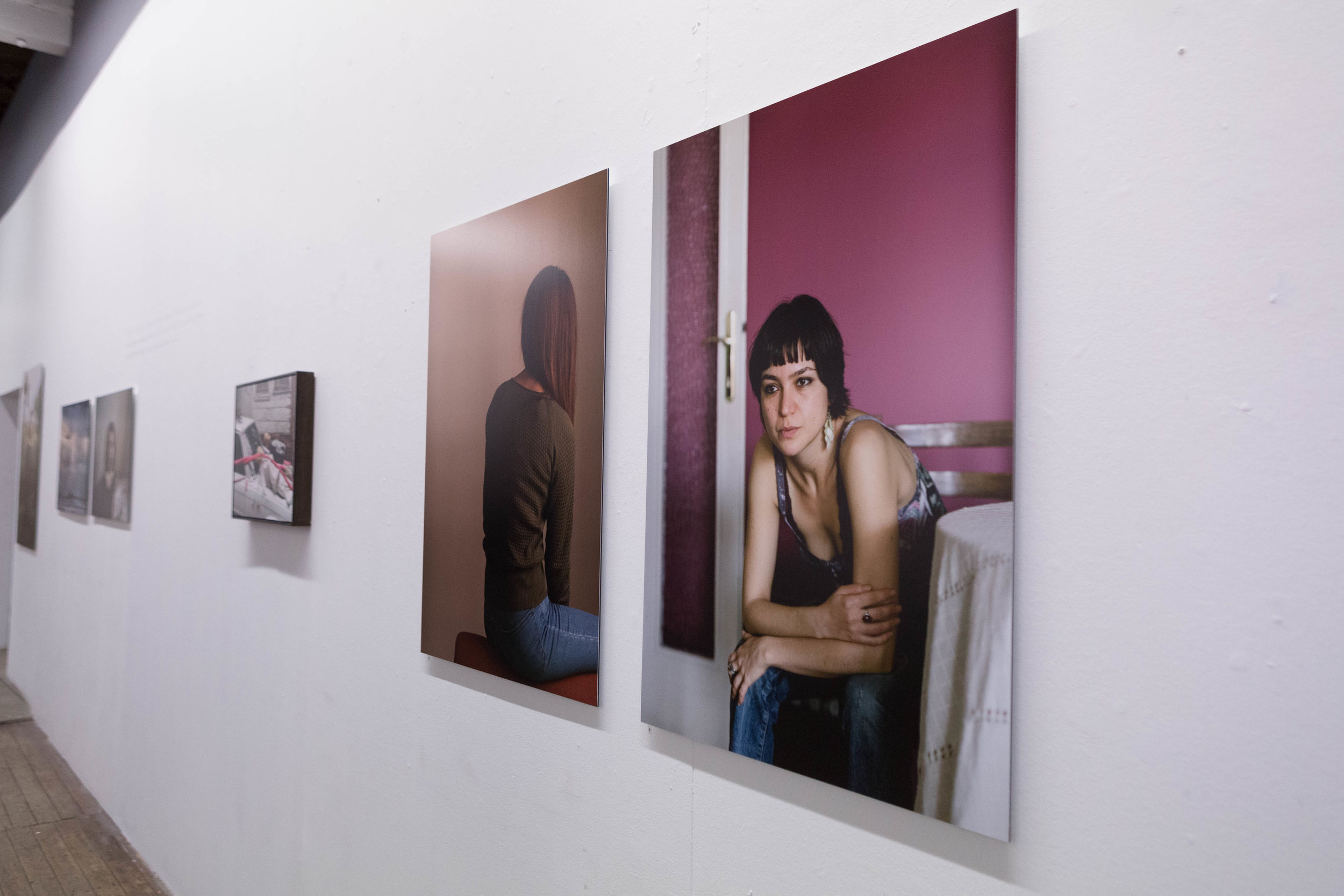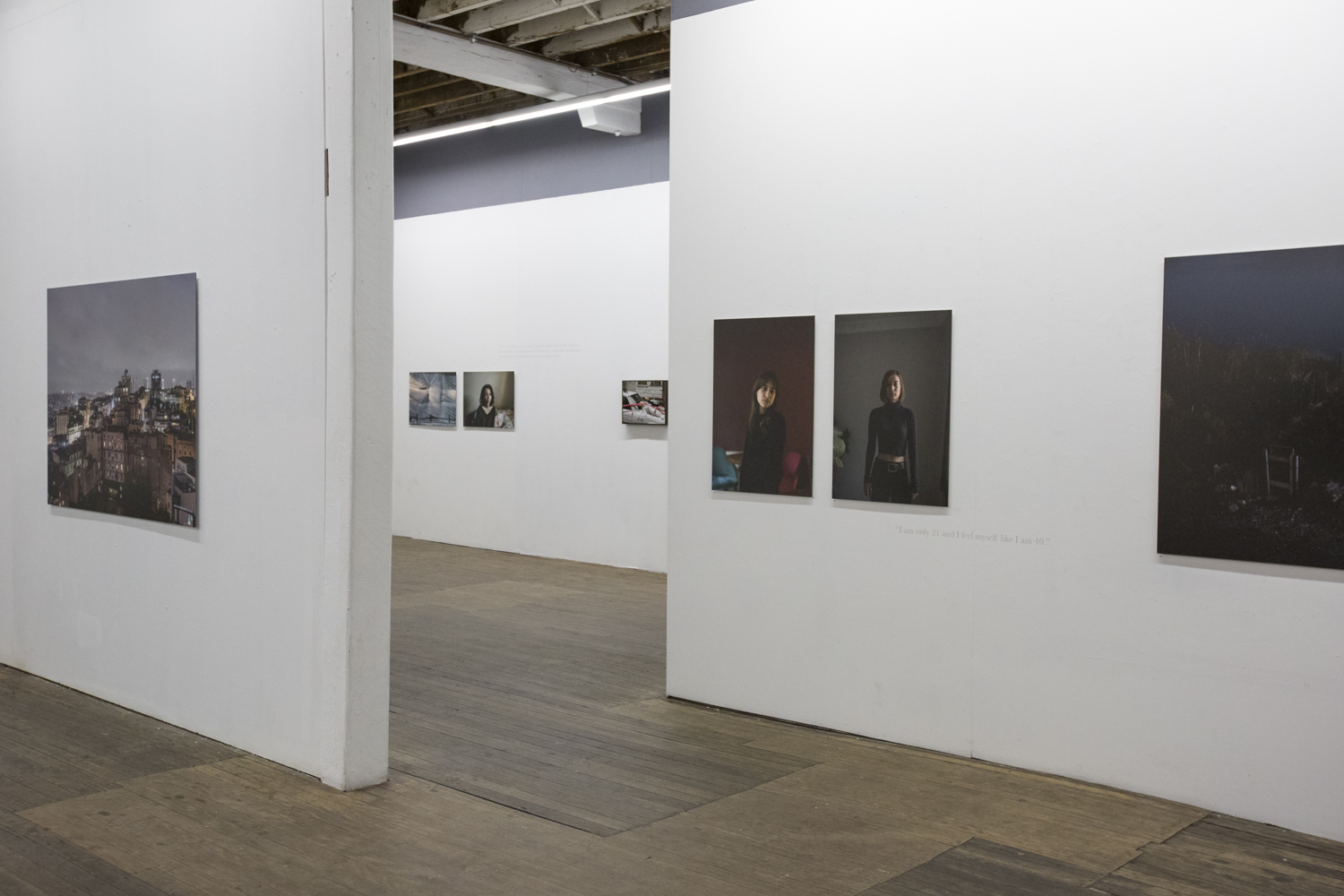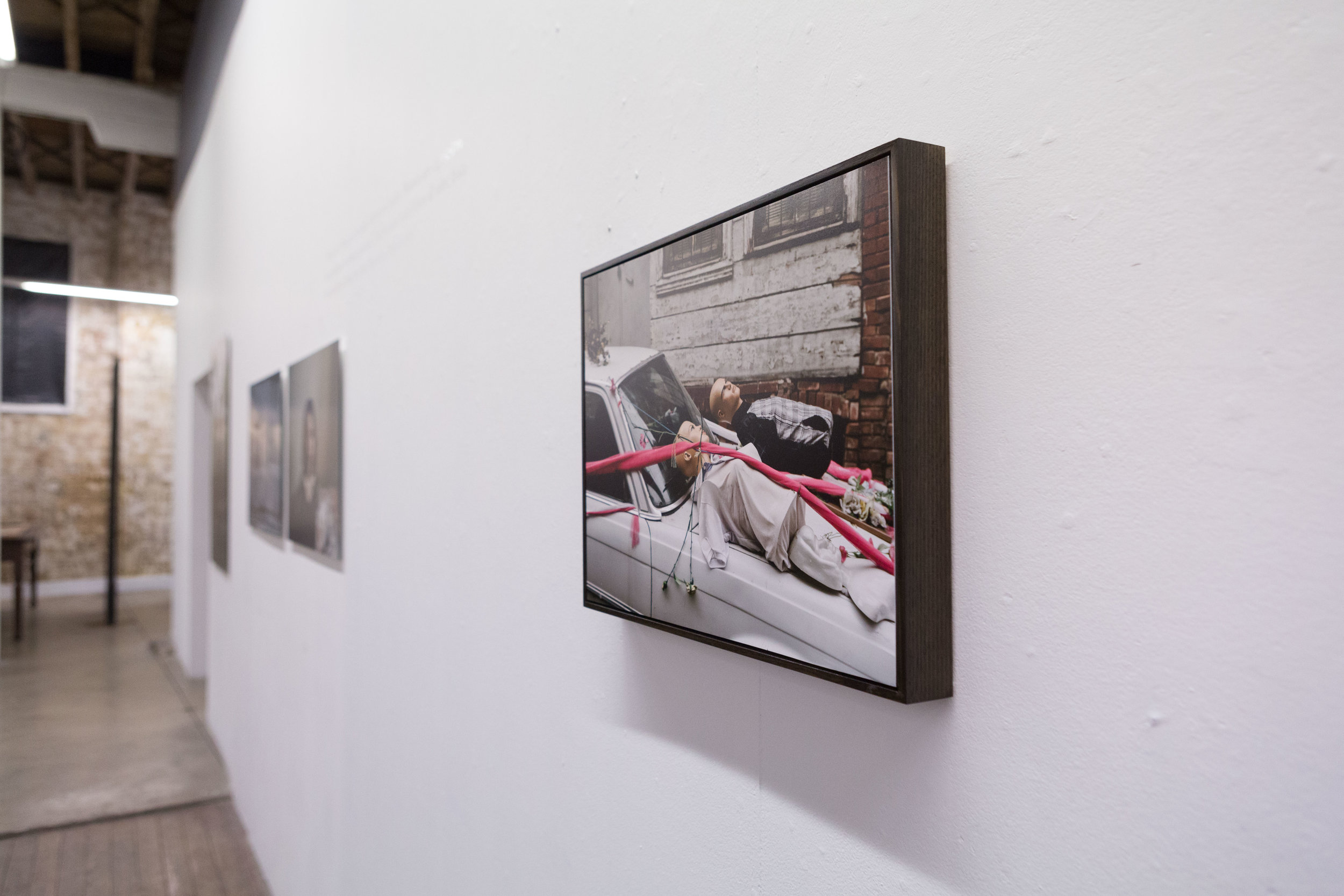Resist Laughter
RESIST LAUGHTER (2015 - 2017)
“It’s very sad that a person fears her safety, just because she supports basic human rights. In this atmosphere, fighting for women’s rights is a luxury for many people,” Gizem, 2016.
A tweet took me to Turkey initially - an image of young women laughing in the street and the Turkish words #direnkahkaha (resist laughter). The post was one of thousands shared by Turkish women to protest comments by the country’s then-Deputy Prime Minister who said women should not laugh in public. The post found me, 16,000 kms away. It made me want to learn more about these women; digital natives taking to virtual streets connecting with an international women’s movement.
I first visited in Turkey 2015, the same year I began tentatively calling myself a feminist. Many I interviewed and photographed identified with the word. Some rejected the label and the movement as Western, preferring that their actions alone define them. As a group, they were unified in their outrage about skyrocketing numbers of murdered women - 1400% increase between 2003 and 2010. On every other issue, they were divided: motherhood, politics, sexuality, tradition, and religion.
Returning in 2016, I found a movement being rapidly reshaped by the intensity of current events in Turkey - multiple terrorist attacks, an increasingly conservative and fascist (yet popular) Government, a failed military coup followed by state of emergency. Amidst widespread arrests of those who oppose and criticise the Government, I was met not with defiance, but with a creeping sense of defeat amongst those I spent time with. Self-preservation for a cause had become, naturally, more of a priority than self-sacrifice.
In its entirety, combining photography with audio interviews, found material and text, Resist Laughter will reflect three themes. So far, it embraces the complexities and contradictions faced by women, queer and non-binary people fighting for gender equality in Turkey without resolution. Given current world trends, it considers the impact of right-wing popularism on women's rights and minority groups. Over the coming two years I will continue this project along these two themes, incorporating my own experiences as both an outsider in Turkey and my understanding of feminism.
Exhibited at Head On International Festival of Photography, Sydney and Organ Vida Festival of Photography, Museum of Contemporary Art, Zabgreb, 2018.
“The real danger is our opinions. It is not certain that they will not arrest me when I will go out from this room.”
“It’s funny isn’t it? In Turkey, it’s difficult to be a woman, to be animal, or to be a tree. Extremely difficult. You can be killed, raped, tortured, chopped.”
“Inequality between men and women, gender hierarchy and polarisation actually advance the power of the government.”
“We shake the chair they’ve been holding onto for thousands of years, then we say ‘No, get up from that chair, I want to sit on it!”
“If I am not living my freedom, I won’t hide. I will die in this way. If I die in this way I can have proud. I will die on these ideas, it’s an honour for me.”
“It doesn’t matter if I call myself a feminist or not, what I do in life is enough that people define me as a feminist.
”
“They are trying to show feminism as man-enemies, motherhood enemies. Motherhood is an important value in our society but there is a huge hypocrisy I think. They value motherhood but they don’t value mothers.”
“There are also men suffering from patriarchy, you know?”
Installation View: Special Group, Surry Hills. Part of Head On International of Photography, 2017.











